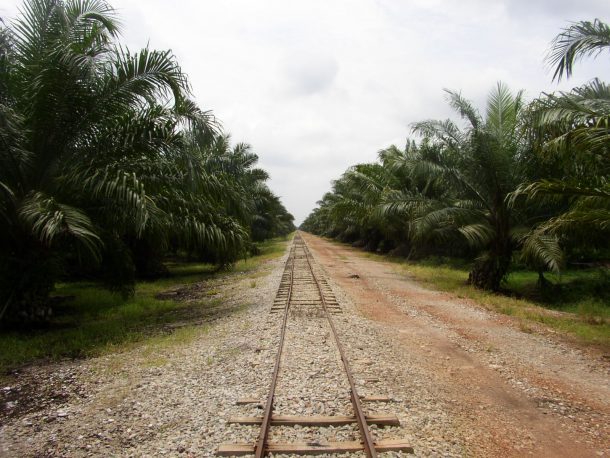The benefits of certified palm oil – measured with LCA?
November 7, 2016 by Jannick Schmidt
This week, I am at the Round Table on Sustainable Palm Oil (RSPO) Annual Meeting. Once again you might say. I have been fortunate enough to also attending the Annual Meeting in Medan in 2013. 2.-0 LCA consultants have a long history of providing data and methodology to enable a more sustainable production of palm oil from 2004 where I started my Ph.D. study on LCA of palm oil and rapeseed oil. You can see my speech at the meeting in Medan here: https://www.youtube.com/watch?v=cGlHzailfG4
Palm oil is used in a multitude of products and palm oil is the oil that is affected when there are changes in the demand for unspecified vegetable oil (Schmidt and Weidema 2008). Therefore, it is important to address the potential environmental impacts that the palm oil production might have in an informed and facts based way – using life cycle thinking.
Fortunately, consumers are increasingly demanding products containing palm oil produced without harm to the environment. The industry has responded to this demand by creating the Roundtable on Sustainable Palm Oil (RSPO). Furthermore, a certification system has been developed to ensure sustainable palm oil production.
But how much better is the environmental profile of RSPO certified palm oil actually when compared to non-certified palm oil in the market? And what does the certification mean from a life cycle perspective? These answers we do not yet have.
Therefore we have initiated a crowd-funded initiative: Certified Palm oil Club
The initiative aims to provide a complete cradle-to-gate LCA study, including oil palm cultivation, palm oil mill and refinery, as well as other relevant upstream processes. We will cover a wide set of environmental impact categories, including GHG emissions and biodiversity impacts and offsetting hereof from nature conservation. Furthermore, the initiative will address both direct and indirect land use changes, which are also important in relation to a sustainable palm oil production.
With this project, we both provide stakeholders in the palm oil value chain with highly valuable information, and we demonstrate what LCA should be used for – i.e. fostering improvements instead of just document the current status.
You can read more about the initiative on our project page.
References:
Schmidt (2013). Video of presentation in Medan 2013 https://www.youtube.com/watch?v=cGlHzailfG4
Schmidt J H, Weidema B P (2008). Shift in the marginal supply of vegetable oil. International Journal of Life Cycle Assessment 13(3):235‑239. https://lca-net.com/p/995
